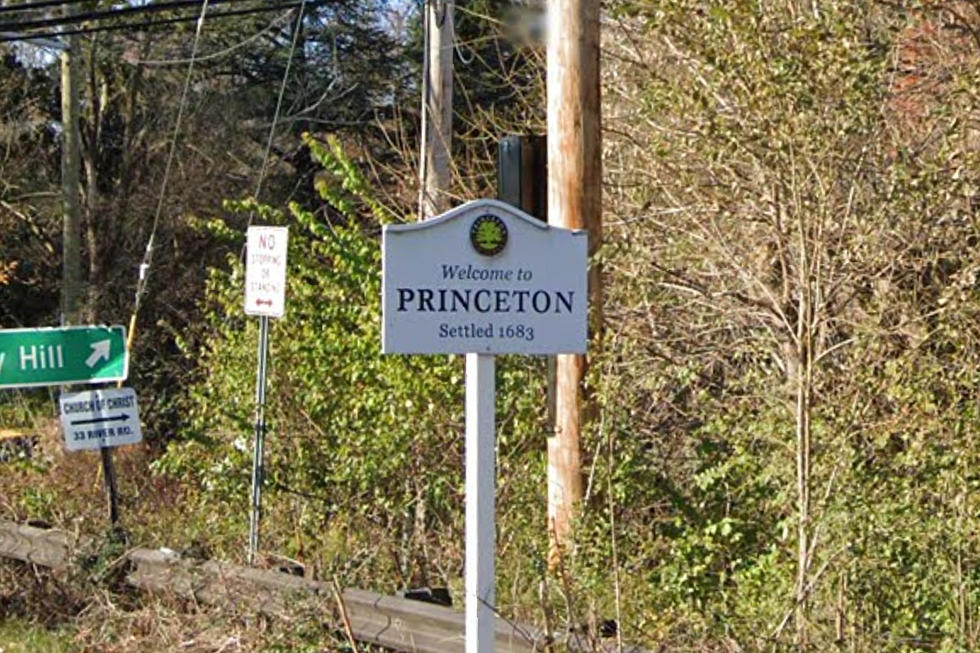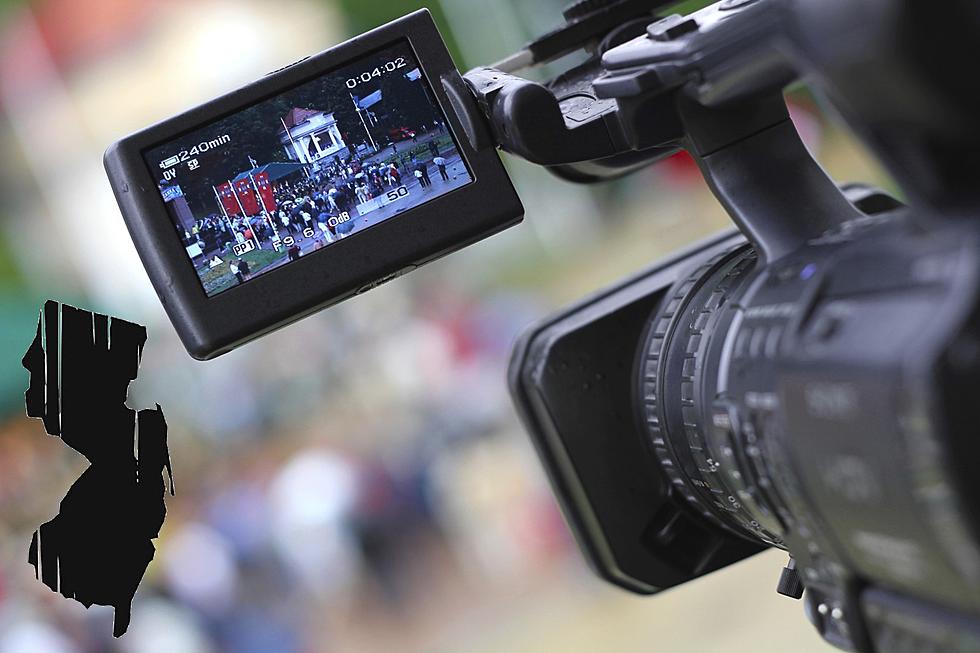
The silly controversy in NJ over the ‘Welcome to Princeton’ sign (Opinion)
Just about every town in New Jersey has a sign or signs saying “Welcome to ‘blank’ town.” In many cases, or even in most cases, underneath will be a date the town was settled. In the case of Princeton, the sign says “settled in 1683.”
And believe it or not, according to patch.com, because of that silly sign, they’ve got themselves a controversy.
The local Civil Rights Commission believes that a town being “settled” implies that the settlers were the first people to live there. That’s causing a problem in town, since everyone knows that the Lenape Indians were there way before that. So, of course, they want to change the sign.
The article quotes a member of this commission, who believes that the language
on the signs is not “inclusive, and implicitly ignores the history of the Indigenous People that inhabited this land before European settlers.”
But look at it this way. Indigenous people inhabited many lands in the United States before European settlers.
Before 1700, there were many different indigenous peoples living in what is now known as North America, and their societies were organized in a variety of ways.
The concept of towns and cities, as we understand them today, did not exist in the same form then.
In fact, according to americanindian.si.edu many of these groups did not have fixed territorial boundaries or political structures that could be considered states in the modern sense.
Instead, they often had relationships with neighboring groups, and their territories could shift and change over time depending on things like environmental conditions, population movements, and trade patterns. So technically, they did not “settle” anything.
In an overview of Native Americans on encyclopedia.com, it's difficult to determine the exact number of states that were inhabited by Native Americans at that time but it's estimated that there were hundreds of distinct indigenous groups across what is now the United States.
That means we can’t be sure how many US towns were inhabited first by indigenous peoples. Does that mean we should do the research and rip down every sign that bases its settlement date on when European settlers came?
That would be many if not most towns.
We are lucky enough to understand the importance of indigenous peoples to this country. We know they were here first. That’s why we call them indigenous. Each group has its own unique culture, language and customs.
Yes, it’s not clear whether or not they settled towns. In fact, most reachers' research shows they did not. And if they did, for the most part, they’re not the same “towns” as they are today.
Yes, many towns were founded on the sites of indigenous settlements, but those boundaries would be impossible to determine.
According to neh.gov, the first human beings to arrive in North America had come over a land bridge from Asia and Siberia approximately 13,000 to 13,500 years ago. These people, the first North Americans, were known collectively as the Clovis people.
Could those be considered settlers of some towns?
It’s common knowledge that Native Americans were the first known inhabitants of Princeton. It's also worth noting that being there first does not mean “settling.” To get to the bottom of who was in every town first, we’d have to do further research on every town that has a “settled in” date on its welcome sign to find out if it was the Spanish or the English or Native Americans or Clovis who actually got there “first.”
Have we ever asked any indigenous people or relatives of theirs if they care about the settled-by date in Princeton? I would have to bet it’s mostly guilty, rich white people who care more.
Why, in this day and age, can we never leave well enough alone?
Opinions expressed in the post above are those of New Jersey 101.5 talk show host Judi Franco only.
You can now listen to Dennis & Judi — On Demand! Hear New Jersey’s favorite best friends anytime, anywhere and any day of the week. Download the Dennis & Judi show wherever you get podcasts, on our free app, or listen right now.
Click here to contact an editor about feedback or a correction for this story.
New Jersey's smallest towns by population
Nasty NJ town nicknames — Have you heard of them?
More From New Jersey 101.5 FM









